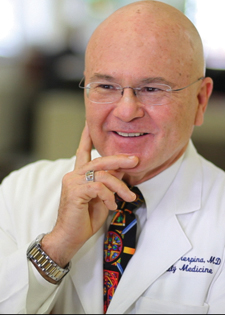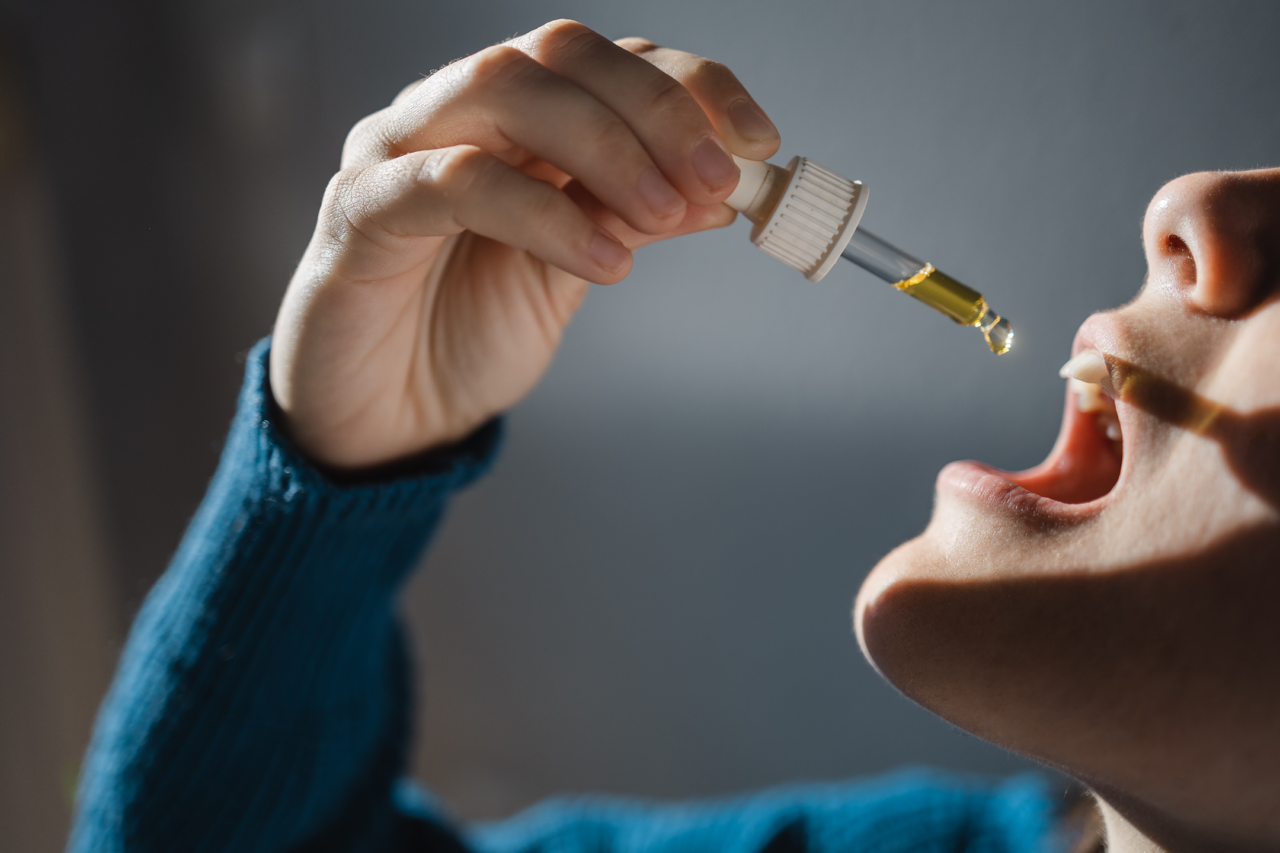 By Victor S. Sierpina, MD is the WD and Laura Nell Nicholson Professor of Integrative Medicine, Professor of Family Medicine at UTMB-Health and the John Sealy School of Medicine
By Victor S. Sierpina, MD is the WD and Laura Nell Nicholson Professor of Integrative Medicine, Professor of Family Medicine at UTMB-Health and the John Sealy School of Medicine
“Nothing will sustain you more potently than the power to recognize in your humdrum routine, as perhaps it may be thought, the true poetry of life—the poetry of the commonplace.”
–William Osler, MD
Warning: Undefined variable $posClass in /home1/mjhnewsc/public_html/wp-content/plugins/ap-plugin-scripteo/lib/functions.php on line 1078
A recent review article by Dr. Donald Abrams, MD of the University of California San Francisco, synopsizes the state of the research and clinical practice on the role of cannabinoids in the care of cancer patients.
Warning: Undefined variable $posClass in /home1/mjhnewsc/public_html/wp-content/plugins/ap-plugin-scripteo/lib/functions.php on line 1078
In this scholarly article, Dr. Abrams describes gaps in medical and clinical research resulting from barriers that thwart clinical trials on the potential therapeutic efficacy of cannabis. Since it is still on the Schedule 1 list of substances with high potential for abuse and no accepted medical use, such as heroin, minimal funding is available for studying its potentially beneficial effects. He attempts to weave his way through the public usage of cannabis in cancer and the prescriptive practices of clinicians.
Warning: Undefined variable $posClass in /home1/mjhnewsc/public_html/wp-content/plugins/ap-plugin-scripteo/lib/functions.php on line 1078
Abrams is a respected researcher and no novice to this field, having written several articles and book chapters on the topic. He has long suggested that the management of many cancer-related symptoms, such as insomnia, pain, nausea, vomiting, depression, and loss of appetite all could be managed by a single agent, cannabis.
This recent review is nuanced as it looks at the literature for cannabis use in most of these indications. A recent American Society of Clinical Oncology Expert Panel concluded that evidence is insufficient for recommending cannabis for nausea in patients on chemotherapy or radiation therapy. Previous reviews, including a Cochrane Review and other meta-analyses, had concluded that Delta 9 THC pharmaceuticals such as dronabinol and nabilone were more effective more than placebo and as effective as standard anti-emetics available at the time. 83% of a group of 81 cancer patients reported preferring a combination of THC and CBD over placebo when not responding to standard IV anti-emetics during chemotherapy. Constipation associated with other anti-nausea agents such as ondansetron and promethazine leaves some patients favoring cannabis instead.
Another common problem in cancer treatment is anorexia and weight loss. Despite the well-known phenomena of “the munchies” reported by recreational cannabis users, trials thus far with cannabis did not show significant weight gain. Due to the small sample size and being uncontrolled, further study is recommended. Whole plant preparations are likely to be more useful than synthetic extracts due to the entourage effect of terpenoids and other passenger compounds, though harder to study than isolated compounds.
The endocannabinoid system is parallel and distinct from the endorphin system. The presence of cannabinoid receptors CB1 and CB2 in a wide variety of species suggests a vital function, possibly pain modulation.
Positive studies on the use of vaporized cannabis in HIV and diabetic neuropathy raise the prospect that chemo and radiation therapy-induced neuropathy might be improved or even prevented by the use of cannabis. This has been demonstrated in rodent models to date, and further research is recommended. A study of Israeli patients on chemo for colon cancer showed significantly lower rate of neuropathy compared to the control. Cannabis demonstrated a protective effect if started prior to therapy and improved analgesia compared to opiates. Other studies showed an opioid-sparing effect of cannabis with improved analgesia without impacting plasma opioid levels and decreased opiate use over time in 2000 cancer patients over a 6-month period.
Small studies have not supported the claim that cannabis cures cancer. However, in pre-clinical. in vitro studies, cannabinoids have been found to increase autophagy, apoptosis, inhibition of vascular endothelial growth factor, and inhibition of the matrix metalloproteinase-3, which fosters invasion and metastases.
Other concerns on the use of cannabis in cancer are the induction of cytochrome P-450 systems by THC and CBD impacting the effectiveness of a variety of drugs. One Israeli study showed that cannabinoids sped up the time to progression of 3.4 months compared to 13.1 months in non-cannabinoid users, raising the issue of potential increased risk while using cannabis simultaneously with immunotherapy for non-small cell lung cancer and melanoma.
In some ways, we are at a Catch-22 moment with cannabinoids and cancer care. Without funding and support for further research, even promising improvements in cancer and treatment-related symptoms cannot progress. Compassionate use for terminal or hospice care patients is reasonable. For those in treatment or with residual post-cancer pain or other issues, we can only advise you to start low, go slow, stop when you reach the desired effect, and work with an informed healthcare provider to maintain safety. Now that it is legal for medical use in 38 states in the US, we are in dire need of the education of clinicians and evidence-based practice guidelines for this ancient botanical medicine as well as legislation to remove cannabis from Schedule 1.
References
Abram DI. Cannabis, Cannabinoids and Cannabis-Based Medicines in Cancer Care. Integrative Cancer Therapies. Vol 21:1-11, 2022.


